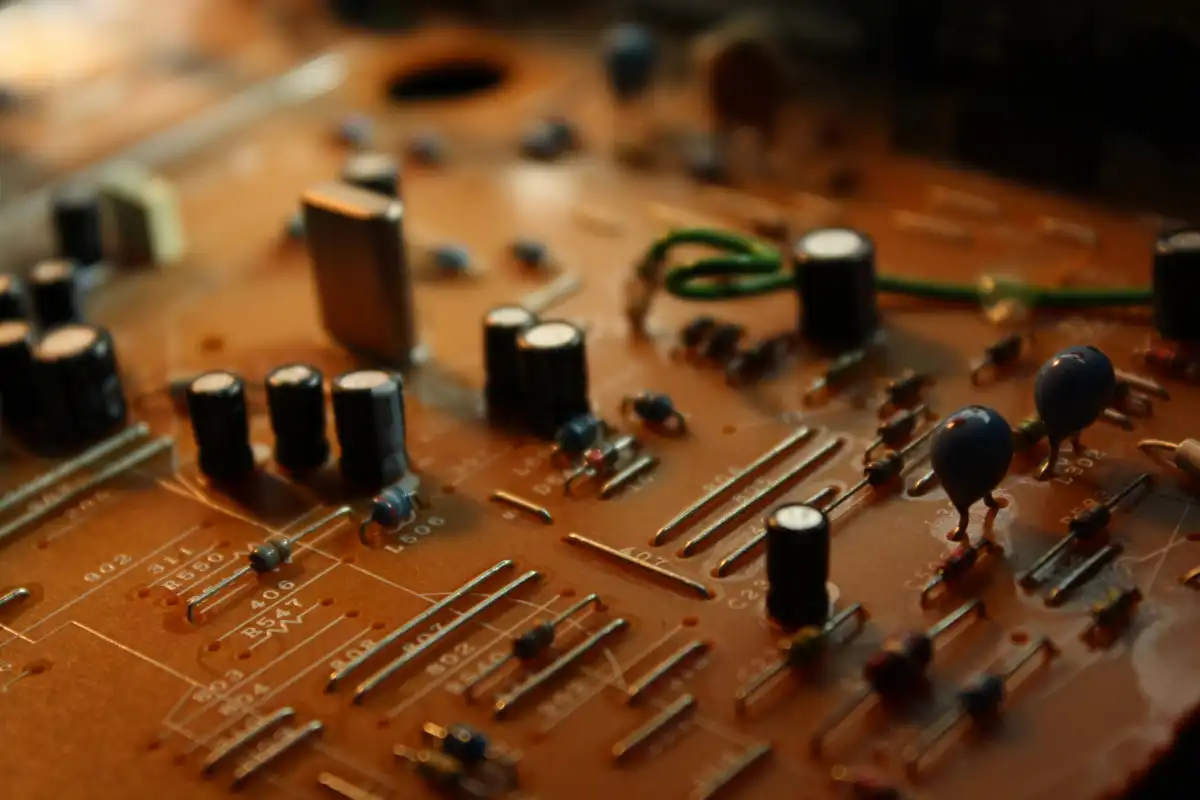The world of medicine is one that never ceases to evolve. One such groundbreaking evolution is a heart transplant from a pig to a human. The patient, a Maryland man in his late 60s, has made medical history following this successful surgery. The approval of such unconventional methods could pave the way for more procedures of this kind in future.
A variety of factors make this achievement particularly notable. Traditional heart transplants rely on a human donor, and there are often long waiting lists. Given the ongoing shortage of donor organs, this pig-to-human transplant opens up a new frontier in transplantation medicine.
The man chosen for this process was facing dire circumstances. Diagnosed with terminal heart disease, no human heart was readily available for him. It was in this situation that he consented to this experimental procedure. If successful, it would give him a new lease on life.

In the center of this groundbreaking operation is a genetically modified pig. Scientists engineered the pig's genes to eliminate certain sugars on the heart's surface. These sugars can cause a severe immune response in humans, leading to organ rejection. So by removing them, the organ becomes more compatible.
However, this procedure isn't without risks. The most significant concern is the body's potential rejection of the new organ. To combat this, the medical team administered drugs to suppress the patient's immune system. This move dampens the body's natural defenses, allowing the transplanted heart to function without disruption.
This process also required authorization from the US Food and Drug Administration (FDA). The agency granted permission for this experimental procedure under a 'compassionate use' clause. This typically means that the patient’s condition is such that they may not survive without the experimental treatment.
Operating transitional protocols were also in place. If a human heart became available, the surgical team planned to revert to a conventional transplant procedure. Yet, the pig’s heart was transplanted without interruption, marking a significant milestone in organ transplantation.
Post-operation, the patient remains under close medical supervision. The success of this groundbreaking surgery hinges on the patient's ability to accept the pig heart. Patient's quality of life, endurance and long term survival will be the key indicators to judge the success of this operation.
Beyond the considerable scientific triumph, this procedure carries with it significant ethical questions. Concerns arise about potential suffering caused to animals in the name of medicine, and whether it is justified. Animal rights groups express concern about the welfare of the pigs.
Despite this, one cannot ignore the transformative potential this procedure could have in the medical field. It can save countless lives by overcoming the persistent issue of organ shortage. It can be a viable option for those on long transplant waiting lists.
It's encouraging to note that more than a week on from the procedure, the Maryland man's condition is reportedly stable. His body, for now, has not rejected the pig heart. The success of this hybrid operation provides a flicker of hope for all those suffering from organ failure.
But widespread adoption of this procedure is still a far cry. More research is needed before we see such transplants become a norm. It may take years, but the potential for transformation in the field of organ transplant is undeniable.
The success of this operation has illustrated that cross-species transplants could potentially exist. Genetically modified pigs could indeed be an avenue to explore. It opens up a range of possibilities. Maybe hearts aren’t the only organs that could be sourced from these specially bred animals.
While the development is promising, it remains crucial to consider its implications carefully. We have seen how this unexpected source of organs has the potential to save lives. However, doing so at the expense of another living being requires thorough ethical considerations.
With the Maryland man now recovering, his case will be seen as giving hope for millions. Hope for patients languishing on organ transplant waiting lists. It is a hope that signals coming changes which could redefine the landscape of modern medical science.
We stand on the verge of an unheard possibility. That is, to cultivate organs within test tube-bound creatures which could, one day, be a source of sustainable organ transplantation.
But as romantic and radical as it sounds, we must remember that there would be many complexities along the way. Balancing animal rights, human welfare and scientific development is crucial.
In the end, though, such experimental procedures might well be the only way forward. It could be the future of transplantation medicine. Just as for the Maryland man, it might be the very chance at life that many other patients could depend on.